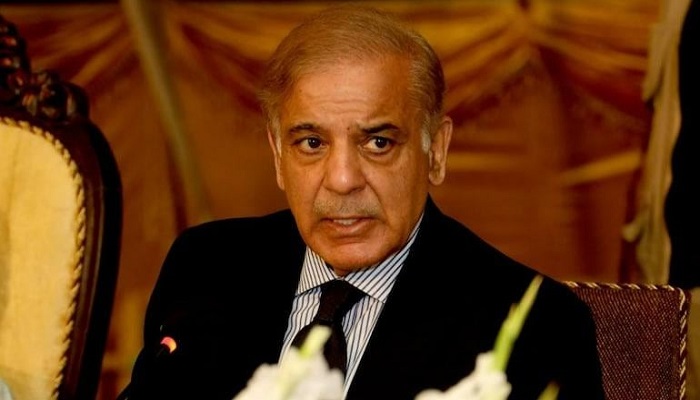ISLAMABAD: An investigative commission set up to examine the 2017 Faizabad sit-in has called upon Shehbaz Sharif, the President of the Pakistan Muslim League-Nawaz (PML-N) and former Prime Minister, for questioning on January 3, sources said.
Shehbaz has been summoned in his capacity as the former Chief Minister of Punjab to provide a statement regarding the sit-in organized by Tehreek-e-Labbaik Pakistan (TLP) in the federal capital against the then PML-N-led government in November 2017.
The inquiry commission, formed last November by the caretaker federal government to enforce the Supreme Court’s 2019 Faizabad verdict, is led by retired IGP Akhtar Ali Shah. This move came after the Supreme Court rejected the government’s fact-finding committee report.
Chief Justice Qazi Faez Isa had emphasized the commission’s authority to summon individuals, including former army chiefs, prime ministers, and chief justices.
The commission is mandated to submit its report to the Supreme Court by January 22. Earlier appearances before the panel included former Prime Minister Shahid Khaqan Abbasi, ex-Interior Minister Ahsan Iqbal, and other senior officials. Notably, former ISI Chief Lt General (retd) Faiz Hamid has skipped the hearings twice.
The 2017 Faizabad sit-in was prompted by a change in the finality-of-Prophethood oath in the Elections Act 2017, which the government described as a clerical error. The sit-in concluded with an agreement between the protesters and the government. In February 2019, the Supreme Court recommended strict action against those issuing edicts or fatwas to harm others, emphasizing that intelligence agencies should not surpass their mandates.
The court disposed of the suo moto case related to the sit-in, stating that the right to assemble and protest is subject to lawful restrictions in the interest of public order and the protection of fundamental rights of others.
















